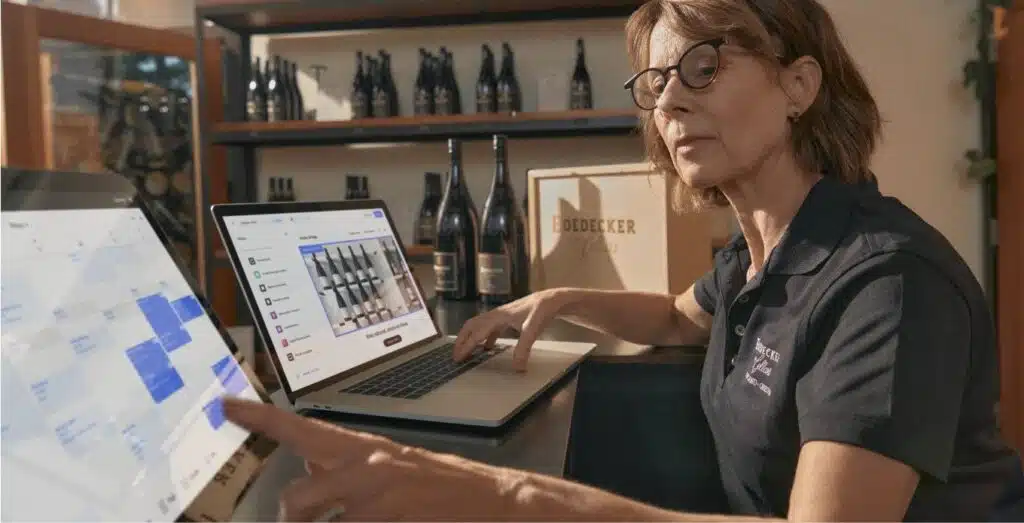Square, the in-store and online commerce arm of Block Inc., says Square Subscriptions is in tests for Square Online users.
The feature is one of nearly 100 updates the company announced Wednesday. Other notable features include Waitlists in Square Appointments and an integration with reservation provider OpenTable in Square for Restaurants.
Square Subscriptions enables consumers to subscribe to items or services on a recurring basis, which can help merchants potentially generate new revenue streams, Square says. Subscription, or recurring, payments are forecasted to reach $15.4 trillion in global transaction value by 2027, according to Juniper Research.

The OpenTable integration enables restaurants to accept and manage reservations made with that service within their Square for Restaurants app. And the Waitlists feature in Square Appointments enables merchants to offer appointment slots and automate the booking process.
Among other notable updates are the integration of Afterpay’s buy now, pay later option in Square Invoices, the ability to create payment links, buy buttons, or QR codes to accept coupons for merchants using Square Online Checkout, and an updated Virtual Terminal. Afterpay is owned by Block Inc., which is also the parent company of Square.
Square also integrated Tap to Pay on iPhone with Square for Retail. Square is among the first payments companies to offer Tap to Pay on iPhone, a service that enables contactless payment acceptance directly on iPhones with a dongle.
Restaurants using Square for Restaurants now have access to Online Ordering Site Templates to help optimize their menu layouts. Square also added Facebook Food Ordering to enable orders through a restaurant’s Facebook and Instagram Business Pages.
“For the first time, we’re announcing new features across products all at once, because our strength lies in the integrated ecosystem of software, hardware, and embedded financial services,” Alyssa Henry, Square chief executive, said in a statement. “We have purpose-built vertical software products to serve industry-specific needs, and horizontal services products that serve multiple industries. Sixty-four percent of our sellers use multiple products and are increasingly multihyphenate businesses themselves.”





